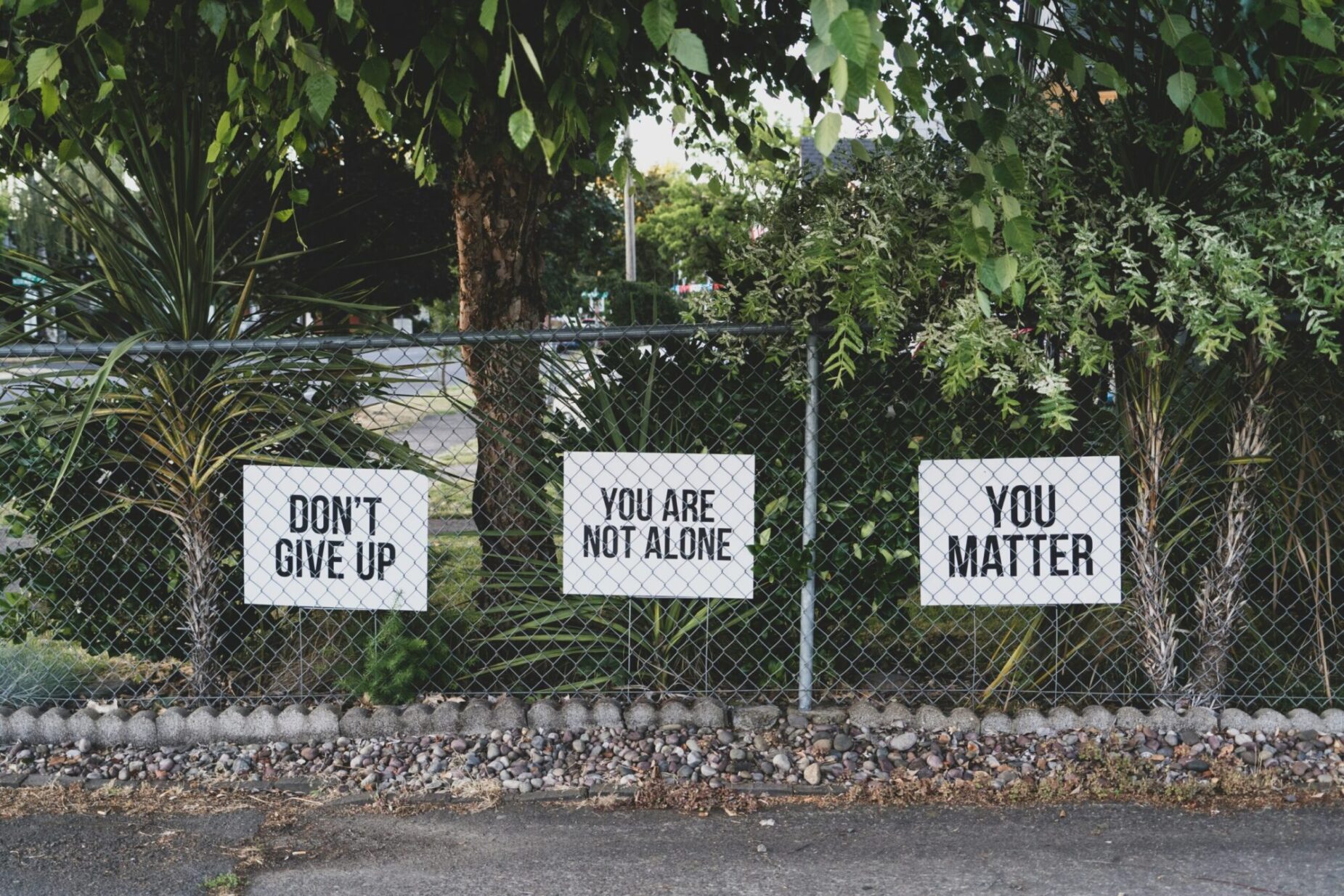Depression, Understanding it and Treatment
Learning How to Help Your Loved One Through it.
Author: Dr. Julie. Sorenson, DMFT, MA, LPC
According to the NIMH, in 2021, 21 million adults experienced depression in the United States. Females are more likely to suffer from depression than males, according to NIMH. Depression causes people to lose interest in activities they once enjoyed, can lead to physical ailments, and if left untreated, can in some cases lead to suicide, as reported by Mental Health America in 2024.
There are several causes of depression. It could be genetic, as having a family history of depression increases the risk of experiencing it. Mental Health America also reports that genes and environmental factors could lead to depression. Biological factors such as having too little or too much of specific brain chemicals, referred to as neurotransmitters, can cause changes in the brain. Negative cognitions can lead to low self-esteem, which could result in the development of clinical depression.
Gender can also play a role in experiencing a depressive episode. Women tend to experience symptoms of depression during various stages of their life such as menstruation, pregnancy, childbirth, menopause, weight fluctuations, and stress from balancing multiple responsibilities.
Often, medical diagnoses can contribute to feelings of depression. Mental Health America lists heart disease, cancer, Parkinson’s, diabetes, Alzheimer’s, multiple sclerosis, and hormonal disorders as health diagnoses linked to depression.

Medications may have side effects that affect one’s mood and can bring on depression. It’s important to contact your medical provider if the prescribed medication is causing feelings of depression or hopelessness.
Depression can also be caused by various life events such as divorce, financial problems, the death of a loved one, the diagnosis of a loved one with a medical health disorder, work stress, and loneliness due to lack of a support system.
If you are experiencing depression, you may have symptoms such as sadness, anxiety, changes in sleep patterns, fluctuations in weight, loss of pleasure, loss of interest in sex, irritability, somatic symptoms like stomachaches, headaches, chronic pain, or digestive disorders, difficulty concentrating or making decisions, loss of energy, feeling guilty, hopeless, or worthless, and thoughts of suicide.
When a loved one is experiencing depression, it is important to support them. Here are some suggestions on things not to say to them;
“It’s in your head."
“Just don’t be depressed.”
“You don’t seem sad.”
“Try harder.”
“You’ll get over it.”
“You don’t look depressed.”
“There are a lot of people who are worse off.”
“Be positive.”
“Get your act together.”

“Don’t be so dramatic.”
“I’m tired of you acting so depressed.”
“Change your attitude.”
“Stop being the victim.”
“What’s wrong with you?”
“It’s a phase.”
“Things could be worse.”
“Snap out of it.”
“It’s your fault.”
The good news is that depression is treatable. Antidepressant medication, therapy, or a combination of the two can help improve mood. Reaching out to a local therapist is the first step. Together with your therapist, you can determine the best treatment modality for you. An assessment can determine if the treatment is working or if a different modality needs to be introduced. The more effort you put into the treatment, the more effective it will be. It’s okay to ask for help. You can find a local therapist on Psychology Today by clicking on "Find a Therapist" and entering your zip code. When starting therapy, it’s okay to shop around for a therapist you feel connected to, so you can feel safe in sharing your feelings.
References
Mental Health America, 2024, Depression, Mental Health America Incorporated.
National Institute of Mental Health, 2024
